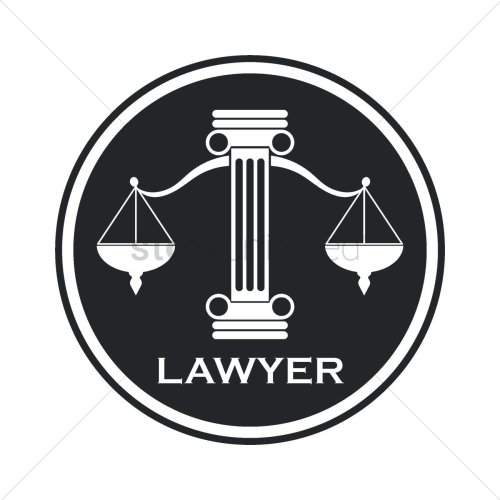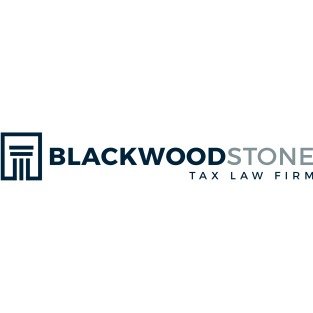About Labor Law in Lagos, Nigeria
Labor Law in Lagos, Nigeria governs the rights and responsibilities of employers and employees in the workplace. It sets forth regulations and guidelines to ensure fair treatment, safe working conditions, and proper compensation for all workers. The main legislation governing labor issues in Lagos is the Labor Act of 2004, which provides a comprehensive framework for employment relationships.
Why You May Need a Lawyer
There are various situations where seeking legal advice from a labor lawyer may be necessary:
- Unfair dismissal or termination
- Breach of employment contract
- Wage and hour disputes
- Discrimination or harassment in the workplace
- Health and safety concerns
A labor lawyer can provide guidance, help you understand your rights, advise you on the appropriate legal course of action, and represent your interests in negotiations or court proceedings.
Local Laws Overview
Key aspects of labor laws in Lagos, Nigeria include:
- Minimum employment age: The minimum age for employment is 15 years, except for light work in certain family-owned businesses.
- Working hours: The standard working hours are 8 hours per day and 40 hours per week. Employees are entitled to breaks during the workday.
- Overtime: Overtime work must be compensated at a rate of at least 1.5 times the regular pay rate.
- Leave entitlement: Employees are entitled to annual leave, sick leave, maternity leave, and paternity leave as provided by the law.
- Discrimination and harassment: It is illegal to discriminate against any employee based on gender, religion, ethnicity, or disability. Employers must provide a safe and non-discriminatory workplace environment.
Frequently Asked Questions
1. Can an employer terminate my employment without cause?
Yes, an employer can terminate an employee's employment without cause, but they must provide reasonable notice or payment in lieu of notice as determined by the employment contract or the Labor Act.
2. What should I do if I believe I have been wrongfully dismissed?
If you believe you have been wrongfully dismissed, you should consult with a labor lawyer as soon as possible. They will assess your case, advise you on the appropriate legal action, and help you seek remedies such as reinstatement or compensation.
3. How can I report workplace discrimination or harassment?
If you experience workplace discrimination or harassment, you should first report it to your employer or the human resources department. If the issue remains unresolved, you can file a complaint with the National Industrial Court or seek legal assistance from a labor lawyer.
4. What are my rights regarding maternity leave?
According to labor laws in Lagos, Nigeria, pregnant employees are entitled to a minimum of 12 weeks of maternity leave, with at least 6 weeks taken after childbirth. During maternity leave, the employee is entitled to be paid at least 50% of their regular wages.
5. Are employees entitled to overtime pay?
Yes, employees are entitled to overtime pay for work done beyond the regular working hours. Overtime pay should be at least 1.5 times the regular pay rate and must be paid within a reasonable time period.
Additional Resources
Here are some resources that can provide further information and assistance regarding Labor Law in Lagos, Nigeria:
- Nigeria Labour Congress (NLC) - https://www.nlcng.org/
- Ministry of Labour and Employment - https://labour.gov.ng/
- National Industrial Court - http://www.nicn.gov.ng/
Next Steps
If you require legal assistance in Labor Law, it is recommended to:
- Gather all relevant documentation related to your case.
- Research and select a reputable labor lawyer experienced in handling similar cases.
- Schedule a consultation to discuss your situation and receive appropriate legal advice.
- Be prepared to provide all necessary information and documents to the lawyer.
- Follow the lawyer's guidance and instructions to pursue your case effectively.
Lawzana helps you find the best lawyers and law firms in Lagos through a curated and pre-screened list of qualified legal professionals. Our platform offers rankings and detailed profiles of attorneys and law firms, allowing you to compare based on practice areas, including Labor Law, experience, and client feedback.
Each profile includes a description of the firm's areas of practice, client reviews, team members and partners, year of establishment, spoken languages, office locations, contact information, social media presence, and any published articles or resources. Most firms on our platform speak English and are experienced in both local and international legal matters.
Get a quote from top-rated law firms in Lagos, Nigeria — quickly, securely, and without unnecessary hassle.
Disclaimer:
The information provided on this page is for general informational purposes only and does not constitute legal advice. While we strive to ensure the accuracy and relevance of the content, legal information may change over time, and interpretations of the law can vary. You should always consult with a qualified legal professional for advice specific to your situation.
We disclaim all liability for actions taken or not taken based on the content of this page. If you believe any information is incorrect or outdated, please contact us, and we will review and update it where appropriate.

















